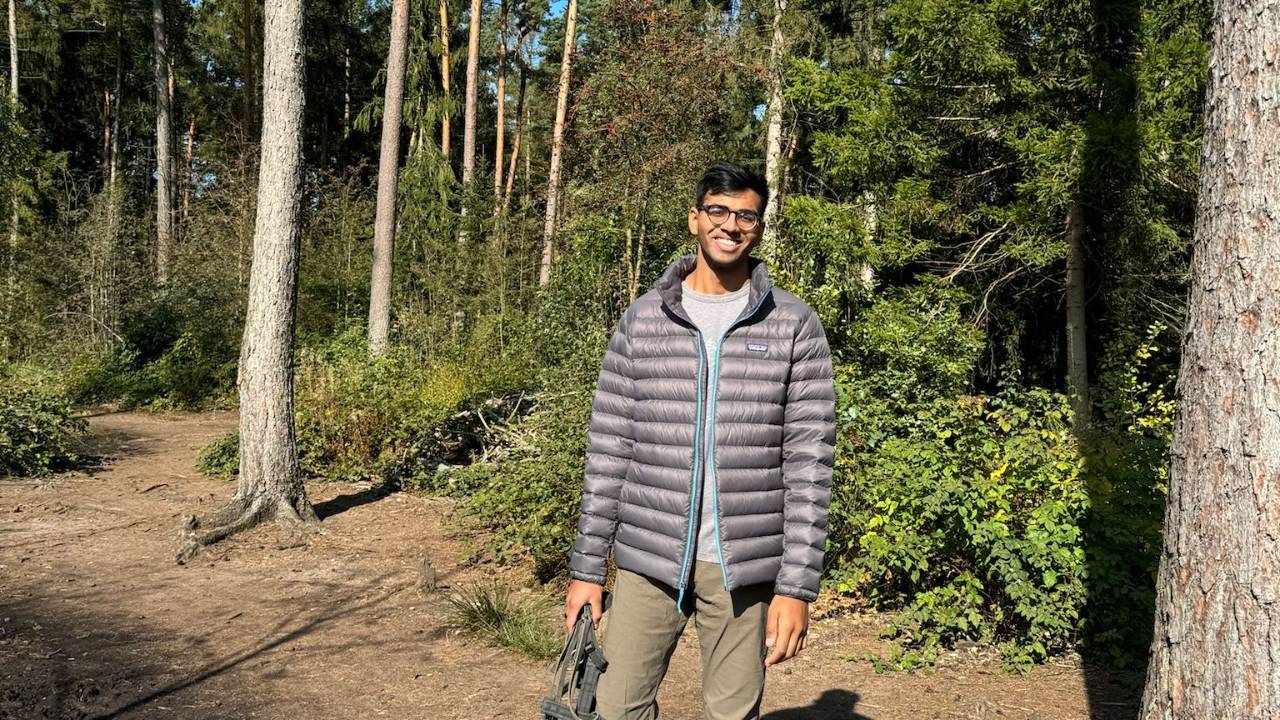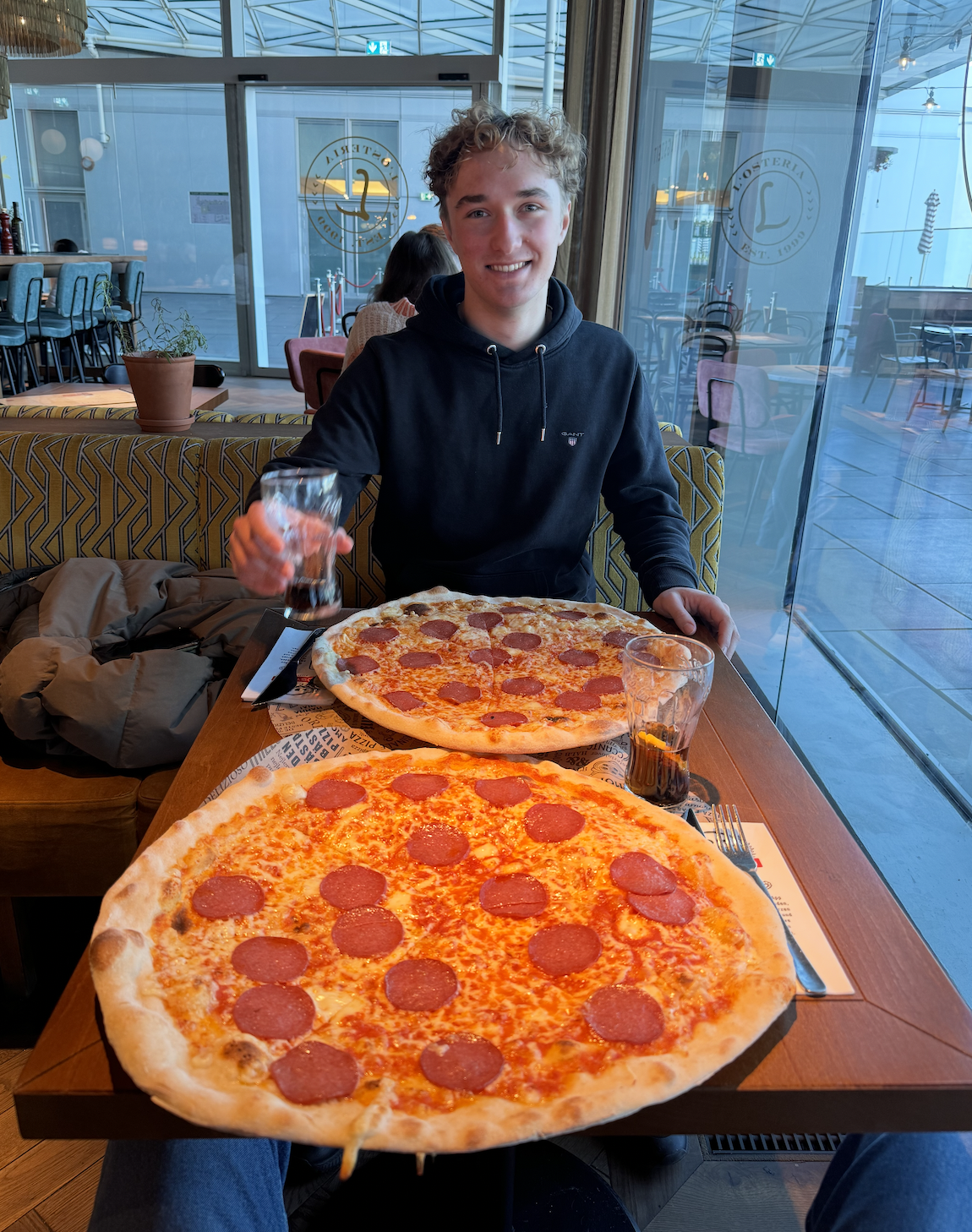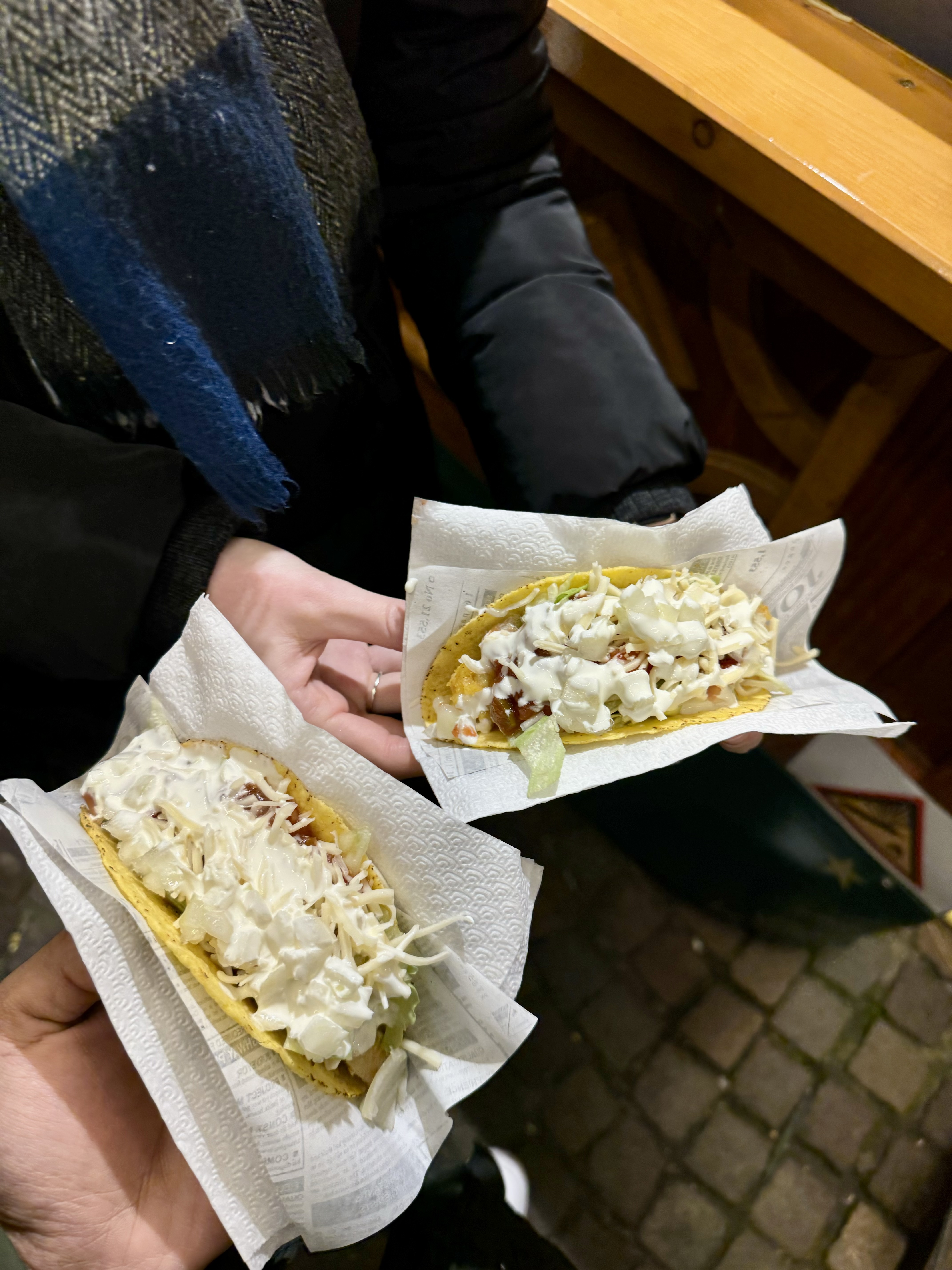Finding your People: Navigating a Social Life in Germany

I am an extrovert, a people person. So when I first moved to Germany, I was very excited. A new country, a fresh start, new friends, endless possibilities. But after the initial thrill wore off, some time after, I sat down in my apartment, wondering how many friends I had here and how people made connections in Germany. Back home, friendships seemed to form naturally—through school, work, or just bumping into the same people every day. But in Germany, I quickly realized that socializing worked a little differently. People weren’t unfriendly, but they weren’t exactly jumping at the chance to make small talk with a stranger. It was a bit of a shock, and I felt pretty isolated for a while.
Cracking the Code
One of the first things I had to learn was that friendships in Germany take time. Germans are often perceived as reserved, but it’s not that they don’t want friends—it’s just that relationships here are built on trust and consistency. Once you’re in, you’re in for the long haul. But getting there? That’s the tricky part.
I also had to adjust to the fact that socializing isn’t as spontaneous as I was used to. Plans are made in advance, and if someone says, "Let’s grab coffee next week," they mean next week, not tomorrow, not later that day. That was a big shift for me, but once I understood it, things started to make more sense. I had to break free from the idea that making friends meant waiting for someone to invite me out. Instead, I had to be proactive in reaching out, even if it felt uncomfortable at first.
Meeting People - Say Yes and Breaking the Ice
- Saying Yes More Often (at Uni or Work)

This was a big one for me. I used to hesitate when people invited me to things, overthinking whether I’d have fun. But once I started saying yes more, I realized that friendships often come from the most unexpected places. One of my closest friends today is someone I randomly met at a student event—I initially didn’t feel like going, but I pushed myself to show up, and it turned out to be a great time. The more I put myself out there, the more I started feeling at home in Germany.
- Pushing Through the Awkwardness
At first, I felt weird going to events alone. Walking into a room full of strangers can be intimidating, but I forced myself to push through it. The first few times were uncomfortable, but eventually, I started seeing familiar faces, and suddenly, it didn’t feel so awkward anymore. And when I can, instead of the big moments, I started with small, manageable interactions—chatting with classmates before lectures, and saying yes when someone suggested grabbing lunch. Over time, those little moments added up. I wasn’t making best friends overnight, but I was slowly breaking through the initial barrier of feeling like an outsider. Eventually, those familiar faces turned into real connections, and I started to feel less like a visitor and more like I belonged.
More Practically
- Join Clubs and Groups (Vereine)
In Germany, social life often revolves around clubs (Vereine). These are groups for everything—sports, music, hiking, photography, and even book history! Unlike casual friend hangouts, these structured groups provide regular opportunities to meet people with similar interests.
- University Clubs – If you’re a student, your university likely has organizations for different hobbies and interests.
- Sports Clubs (Sportvereine) – If you like soccer, running, or even bouldering, joining a sports club is a great way to meet people.
- Meetup.com – This is a fantastic site for finding social and hobby groups in your city.
- Facebook Groups – Search for expat, student, or hobby-related groups in your area.
- Volunteering – If you like helping out, many organizations (e.g., soup kitchens, animal shelters) are looking for volunteers.
- Use Language Exchanges to Meet Locals and Expats
If you’re still learning German, language exchange programs are a great way to meet both locals and other internationals. Many Germans want to practice English (or other languages), and these exchanges often turn into friendships.
- Tandem Language Exchange (App & In-Person) – Pair up with a German speaker who wants to learn your language.
- Language Cafés – Casual gatherings where people practice different languages together.
- University Language Programs – Many universities have language meetups for students.
- Use the Timeleft App to meet strangers over a shared experience
Timeleft is a great app for meeting people through shared experiences. It connects you with people nearby who are interested in doing the same activities, whether that’s grabbing a coffee, going to a museum, or attending a local event. It’s an easy way to meet new people in a low-pressure environment, and it’s especially useful if you don’t yet know many people in your area. You can filter by location and activity, making it simpler to find people who share your interests and are open to hanging out.
- Take a Class or a Workshop in your city
Whether it’s cooking, photography, dance, or pottery, taking a class can be a great way to meet people. Many cities have community centers or local businesses that offer a variety of workshops and short courses. Not only will you learn something new, but you'll also meet people who are likely to be in the same boat as you, looking to meet new friends.
- Frequent Local Cafés and Restaurants

In Germany, cafés and restaurants often have a cozy, community vibe. Frequenting the same places gives you the chance to become a regular, and over time, you'll start recognizing other regulars. Striking up casual conversations with other patrons or the staff can naturally lead to new connections. It’s a low-stakes way to start meeting people, especially if you’re not yet comfortable with larger events.
You Need to Learn the Language
One thing I quickly realized when trying to make friends in Germany was that knowing the language was absolutely essential. While many Germans speak English, especially in cities like Frankfurt, the reality is that speaking German opens doors to deeper, more meaningful connections. You can’t fully immerse yourself in the culture or build close friendships if you’re constantly relying on English, and there’s a certain warmth and trust that comes with speaking the local language.
When I first arrived, I didn’t know any German. So I learned the words so that I could navigate grocery stores and order coffee, but anything beyond that was a struggle. But I knew that if I wanted to connect with people on a deeper level, I needed to improve. So, I made it a priority. I started doing online courses, having a German-speaking day at home with my Freundin, and practicing with my classmates whenever I could. Sure, it was intimidating at first, especially when people would switch to English out of kindness, but I kept pushing myself to speak German as much as possible.
If you’re serious about making connections in Germany, learning the language is non-negotiable. You don’t have to be fluent right away, but showing effort, even in the simplest conversations, will go a long way. It’s one of the most important steps in finding your people.
Check out Steffi’s 30-Day Everyday Challenge course linked here to kickstart your German learning journey and make those connections faster. It’s designed to help you break through the initial barriers, giving you a strong foundation in the language so that you can start building relationships sooner rather than later. Plus, the course’s engaging format makes it easier to stay motivated, even when learning a new language feels overwhelming.
Here is a video on some everyday German you should know if you live in Germany, von Steffi! https://www.youtube.com/watch?v=forIvFUQsS8&ab_channel=LerneDeutsch
Some German Vocabulary on the Topic
- der Freund/ die Freundin – Friend (male/female)
- die Freundschaft – Friendship
- kennenlernen – to get to know (someone)
- die Einladung – Invitation
- das Gespräch – Conversation
- treffen – to meet
- nach Hause – at home
- Kaffee trinken – to drink coffee
- gemeinsam – together
- Spaß haben – to have fun
- die Aktivitäten – activities
- die Veranstaltung – event
- das Vertrauen – trust
- mitmachen – to participate
- beitreten – to unite, to join (a club)
- das Hobby – hobby
- der Sprachkurs – language course
- sich unterhalten – to chat, converse
- freundlich – friendly
- die Offenheit – openness
- die Verbindung – connection
- anmelden – to register (for an event, activity)
Wrapping it Up
Making friends in Germany might feel different at first, but with time and persistence, it becomes much easier. The key is to embrace the cultural nuances, be proactive, and take every opportunity to put yourself out there. From saying yes to new experiences to joining clubs or attending language exchanges, the more you engage with the local community, the more connections you’ll build. And don’t forget—the German language is a gateway to forming deeper relationships. Taking the time to learn and practice it will only help you feel more at home and connected.
So, keep pushing through the awkward moments, keep meeting new people, and before you know it, you’ll have a group of friends to share coffee with, plan trips, and enjoy the everyday moments that make life in Germany so special.


